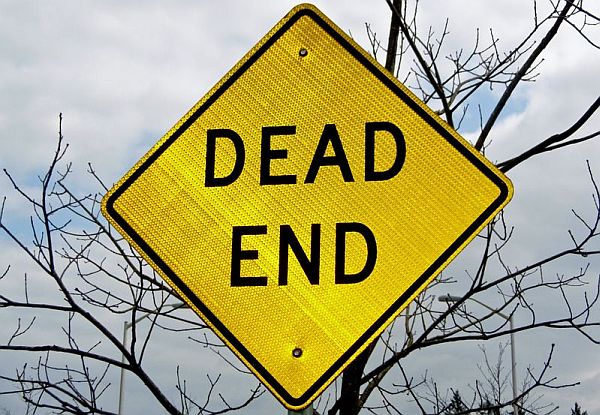19 May 2016

Everyone who understands energy agrees it’s in Australia’s interests to develop more gas.
Good for our economy. Good for jobs. Good for the environment.
And it’s universally understood that there is an urgent need to develop new gas supply for Australia’s eastern market.
We can and should, as a nation, be making the most of this abundant, cleaner-burning energy source.
So it’s astonishing when a major political party releases an election policy that threatens to do the opposite.
Make no mistake, Labor’s so-called “national interest test” on gas exports is not in Australia’s interests.
It may satisfy the protectionist cravings of a few union leaders but it’s a bad policy that will punish one of our most successful gas export industries while doing nothing to boost domestic supply.
Australia’s gas industry is a global success story. Thanks to an unprecedented $200 billion worth of investment, we are on the verge of becoming the world’s largest producer of liquefied natural gas (LNG).
But the industry has been smashed by the dramatic collapse in international oil prices. Companies are under intense pressure to cut costs, thousands have lost their jobs and new investment is on the line.
To make matters worse, exploration has declined to alarming levels.
Right now, Australia needs policies that will encourage new investment. Labor’s policy will scare investment away. The party’s solution to east coast supply concerns is to saddle new or expanded projects with additional layers of red tape that duplicate many existing processes and will add time and cost. Our competitors must be laughing.
The ACCC’s recent report on its inquiry into the east coast gas market is the latest in a series of independent studies and reviews that have rejected a national interest test along with other forms of gas reservation.
Labor says its national interest test is designed to shield Australian manufacturers from higher gas prices. But according to the ACCC, any relief would be short lived. In the longer term, artificially suppressing prices would simply weaken the economic incentive for further gas exploration and development.
And it gets worse. Projects targeting domestic supply may be knocked out of the market due to poor economic returns. The result is less gas coming to market, less competition and more upward pressure on prices.
The ACCC’s concerns were neatly summarised in this warning: “In a market that is facing supply issues arising from LNG, moratoria, and a low oil price, further impediments to gas supply development would be detrimental and so should not be introduced.”
Labor’s policy is based on the false premise that a successful gas export industry somehow threatens domestic supply. But this ignores the fact that our major gas exporters are also major suppliers to the domestic market.
For example, without Queensland’s gas export industry, new gas fields supplying the domestic market would never have been developed and eastern Australia may have been importing gas from Papua New Guinea.
The reality is Australia has more than enough gas to supply its domestic and export markets – if industry is allowed to develop it.
As the ACCC and the COAG Energy Council have noted, the best response to concerns about domestic gas supply and rising prices is to bring more gas to market. More gas, not more regulation, will put downward pressure on prices.
This means removing unnecessary regulatory barriers that discourage the safe and timely development of new gas supply, particularly in Victoria and New South Wales.
Unfortunately, Labor is a big part of the problem.
Apart from South Australia and Queensland, moratoriums on unconventional gas development are now part of the political rhetoric of every Labor state branch in the nation.
In Victoria, both sides of politics have effectively banned all forms of onshore gas development. They might as well slap a moratorium on new jobs.
Australia’s emergence as a global gas giant is a remarkable achievement that would never have been possible without the bipartisan support of the major parties. Labor needs to think twice before it walks away from market-based policies that have delivered sustained economic growth.
If Labor genuinely wants to support more and cheaper gas for Australia’s manufacturers, it doesn’t need a national interest test. It just needs to tell its state colleagues to stop standing on the hose.
This blog post was first published as an opinion piece the Australian Financial Review on 20 May.

